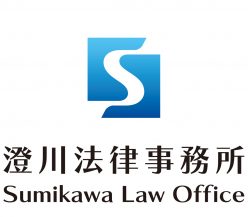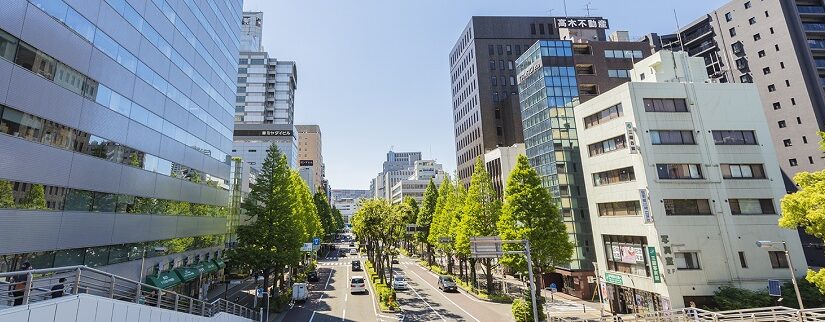1 District Court, Family Court
Civil cases and criminal cases are generally first heard by the district courts (Chiho Saibansho). There are district courts in each prefecture. There are also several branches of the district courts in each prefecture.
Family cases, such as inheritance and divorce, are heard by the family courts (Katei Saibansho). In many family cases, it is required to go through the family conciliation process first.
Summary Court
Civil trials where the amount of the case is 1.4 million yen or less are heard in the summary courts (Kan-i Saibansho).
In addition to civil trials, small claims court and demand for payment are also available at the summary courts.
In addition, most of the civil mediation cases are conducted in the Summary Court.
Some of the minor criminal cases are also heard at the summary courts.
2 High Court
If there is an appeal against the judgment of the district court or family court, the case will be heard by the high court (Koutou Saibansho). There are eight high courts in Japan (Sapporo, Sendai, Tokyo, Nagoya, Osaka, Hiroshima, Takamatsu, Fukuoka).
3 Supreme Court
If there is any dissatisfaction with the judgment of the high court, the case can be appealed to the Supreme Court (Saikou Saibansho). However, as a general rule, this is limited to cases of constitutional or procedural violations.

